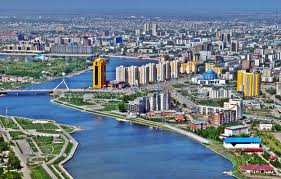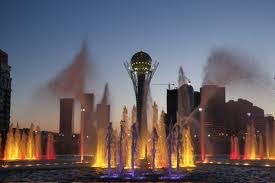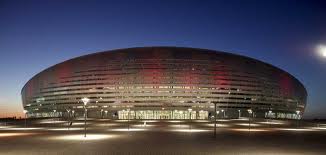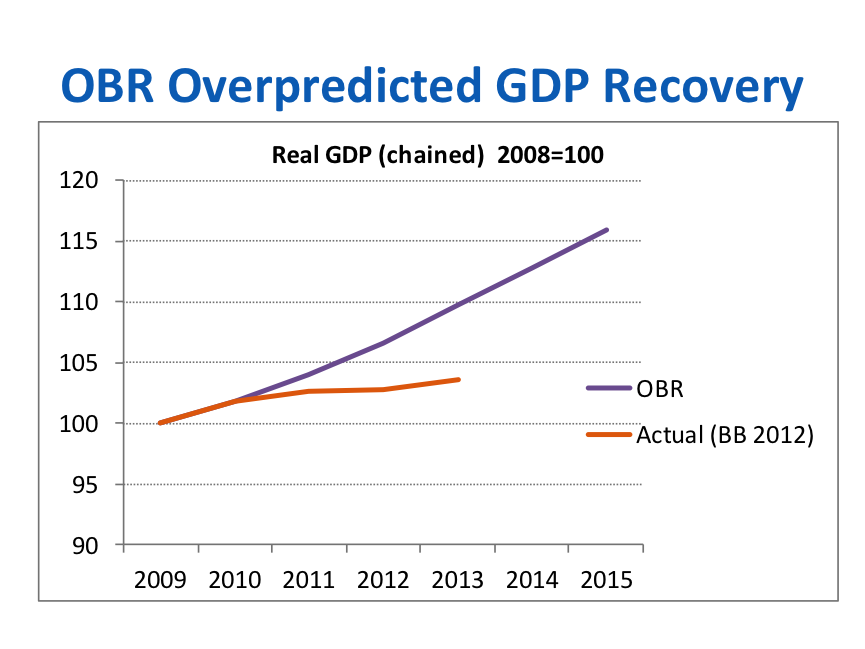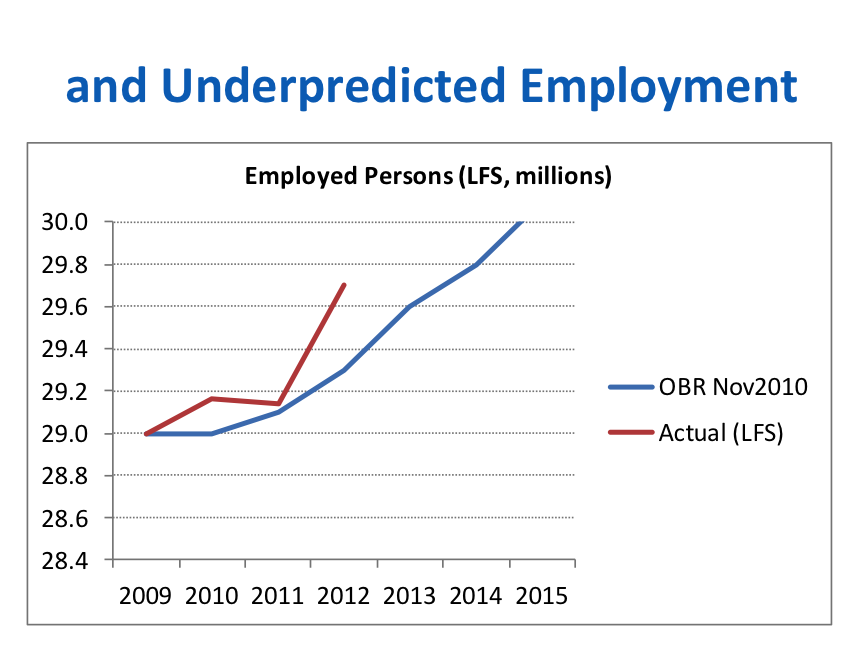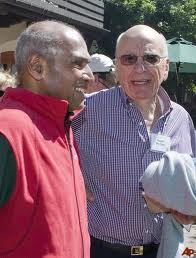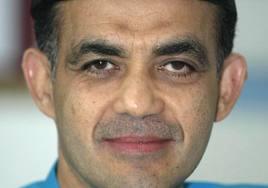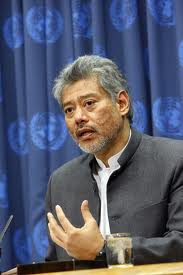An interesting couple of days in Astana in Kazakhstan at what I initially dubbed ‘Davos in the desert’.
Except that the steppe around Astana is surprisingly fertile, and the new capital that has been constructed there sits on a large river. They spent a lot of money.
I wasn’t sure about coming. A ‘World Anti-Crisis Conference’ run by a low-population petro-state with a developing onshore financial centre structure didn’t seem the obvious place to address the world’s problems.
Kazakhstan’s global image is largely defined by the Borat movie, Prince Andrew selling his home to a Kazakh politician for what was reported to be a lot more than the asking price (he is also patron of the British-Kazakh society), the loucheness of Astana’s nightclubs, and the generally hedonistic behaviour that goes on.
In the end it took a fee to get me there, although less than I get from multinationals, brokerages and industry associations (so that’s ok, then). I don’t know what the assorted economics Nobel laureates and politicians were being paid, but I had a pretty good turnout for a talk organised by UNCTAD on the theme of ’50 years of development: what have we learned?’ This next link should connect you to my official statement to the conference based on what I said.
Joe Studwell Astana Statement final
I thrust copies of the statement into the hands of Romano Prodi, Dominique Strauss-Kahn, the Saudi development minister, the Chinese Under-Secretary General of the UN, Domingo Cavallo and Edward Prescott. Well, what’s the point in going, otherwise? Mr Prescott, I am afraid, moved swiftly into poll position as the single most historically illiterate Nobel laureate in economics I have met. Note that the sample size is only 4. In his remarks about Japan’s 20-year economic hiatus, Prescott ‘explained’ that Japan developed through policies of free trade and then, from the early 1990s, ‘started to subsidise everything’ (my italics). I kid you not.
Finally, a bit of cultural fun. Standing in line at an event at this conference, someone started telling me about the very popular Kazakh game of kokpar. It is a kind of polo, played with a dead goat as the ball. This guy claimed the animal is decapitated before play commences although I didn’t have time to check. Two teams wrestle this dead goat, drop it, lean out of the saddle to pick it up, ram each other’s horses and so on, all in an effort to dunk the goat into a pile of tyres at either end of the field that is the goal. But what really took me is that sometimes the goat carcass gets eviscerated or otherwise damaged beyond a limit acceptable for play. The teams therefore have a spare ball, in the form of a live goat shackled at the side of the pitch. That must be one very unhappy spectator.
More:
Apparently I am among the world’s greatest minds.
The trip to the Kazakh embassy in London made me think about where comedians get their ideas from. I went to the Kazakh embassy in South Kensington, but unfortunately they had moved it to Pall Mall. They just forgot to change the web site. That was half a day gone, so I didn’t feel so bad about the fee. (I see that now, 26 May, they have changed the site.)
Filling out the form, I read that:
‘Wrong filling of application form can become a cause of refuse in issue of entry visa.’
Thank gog my submission accurate was.
Still, the thing was a lot more worthwhile than I expected and if it keeps getting better it could even be important.

